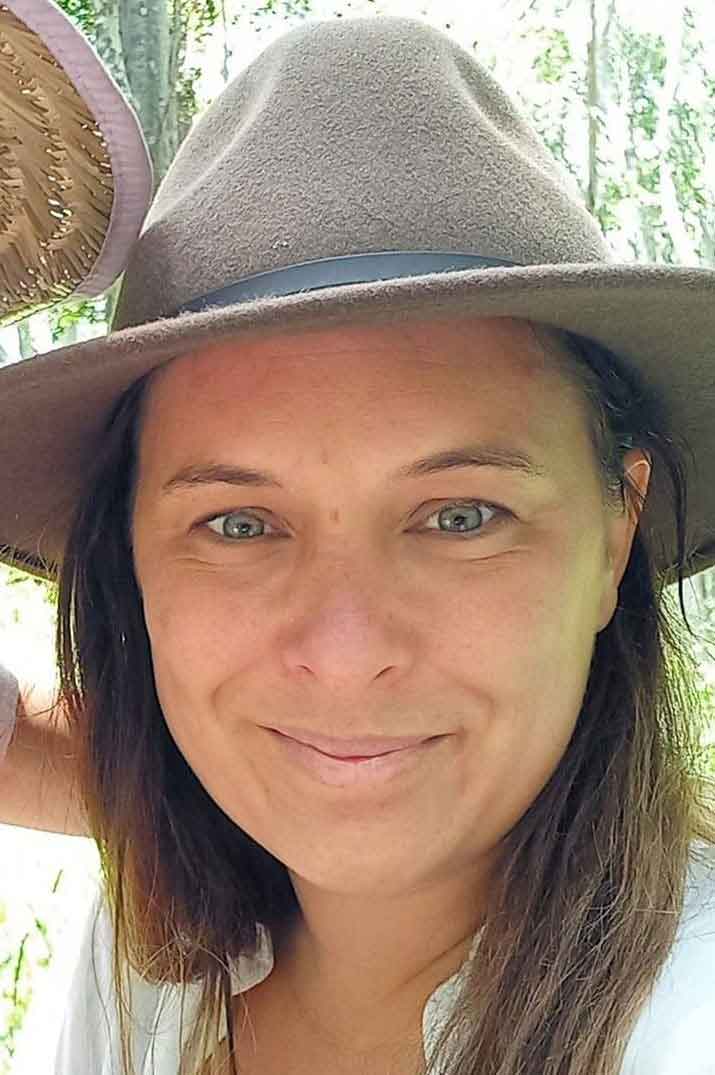OPINION: Looking Forward, Looking Back
My grandparents were big fans of Slim Dusty. I remember as a kid, sitting in the back of their old brown Toyota while Slim’s voice crackled over the tape player.
“Looking forward, looking back
I've come a long way down the track
Got a long way left to go…”
Slim is considered one of Australia’s ‘true blue’ icons and was an active and vocal supporter of reconciliation with, and recognition of, Aboriginal and Torres Strait Islander people.
As we approach ‘Australia Day’ these lyrics roll around in my mind. I wonder why it is that when we look back at our history, many of us find it difficult to see beyond that fateful day 288 years ago.
I have previously done an activity to help people comprehend our ancient past. Take a piece of string and measure out six metres. Imagine that each centimetre of that piece of string represents 100 years. Now measure out just over two centimetres. Place them next to each other. The larger piece represents the length of time Aboriginal and Torres Strait Islander people have called this continent home. The smaller, the length of time non-Aboriginal people have been here.
It can be eye opening to see these timelines in a physical sense, but this activity helps us to understand the extent of Indigenous peoples connection to this land. It is this far-reaching history that stretches far beyond 1788 that is the true birthright of this land.
For those that do not know (and research has shown that many Australians do not) 26 January marks the date Arthur Phillip planted the Union Jack in the shoreline at Sydney Cove and claimed the entire continent as belonging to Britain. They claimed this under the premise of ‘terra nullius’ – that it was nobody’s land. As a nation we now know this claim to be unfounded and untrue. Of course the land belonged to someone – look at that long piece of string again. But in making this false declaration – in ignoring 65,000 + years of knowledge and human experience – all future Australians lost something too. This denial set the tone for the next two centuries of ignorance, forgetting and the failure to realise the value of our knowledges and all that is wonderful about our culture.
This date marks the beginning of centuries of dispossession and oppression of Aboriginal people. The legacy of which is still felt by many Aboriginal people and communities today. A reason why, for many of our people, this is a day not of celebration but of reflection and mourning.
But where something was lost, there is now an opportunity for us all to gain. An opportunity to connect with something larger than ourselves. An opportunity for this day to be more than just a day off work, a BBQ and a day at the beach. In acknowledging our past, in knowing and understanding the long and sometimes very hard road behind us we can begin to heal as a nation and open ourselves up to a better, brighter and fairer future for all.
The people of Newcastle have shown that reconciliation is important to us. Newcastle City was the first council in Australia to permanently display the Aboriginal flag at City Hall. Over 5,000 Novocastrians turned out to support the Black Lives Matter movement last year to call for justice and equality - one of the largest demonstrations in our city’s history. The University of Newcastle has demonstrated its commitment to truth telling and reconciliation through its Cultural Capability Framework and its Reconciliation Action plan to be released later this year. These will guide all staff, students and the broader community in building their own cultural knowledge and understanding.
Today I encourage you to take some time to reflect on our history – the good and the bad – and to see the true foundations of who we are. We are privileged to be invited to share in the oldest living culture on the entire planet. We just need to open our eyes and our hearts.
In order to look forward, we need to look back. We have indeed come a long way, but like Slim said, we’ve got a long way yet to go.
Loren Collyer is a proud Bandjin woman and Indigenous Executive Support Officer for the Office of Indigenous Strategy and Leadership at the University of Newcastle.
Related news
- Don’t let perfect get in the way of good uni reforms
- From Delhi to Newcastle, full tuition scholarship makes STEM dreams come true
- World-leading MRI upgrade boosts research capability at HMRI Imaging Centre
- New equipment brings cancer's complexity into focus
- Yes, weight-loss drugs work but nutrition needs attention
The University of Newcastle acknowledges the traditional custodians of the lands within our footprint areas: Awabakal, Darkinjung, Biripai, Worimi, Wonnarua, and Eora Nations. We also pay respect to the wisdom of our Elders past and present.